In a sweeping address today, ODM leader Raila Odinga formally announced a full review of the party’s Memorandum of Understanding (MoU) with President William Ruto’s United Democratic Alliance (UDA). The decision comes amidst rising dissatisfaction from key party leaders and grassroots members claiming the pact has failed to deliver on its promises.
Raila described the agreement as a structured framework—not a coalition—and emphasized that its effectiveness depends entirely on implementation of the party’s agreed demands. “We will assess what has been done and what remains,” he declared, citing stalled objectives such as victims’ compensation for protest injustices, curbing police brutality, reconstituting IEBC, and implementing the NADCO recommendations. The review will be conducted by a specially appointed ODM taskforce.
The pact signed on March 7 was driven by an urgent need to address governance issues and national reforms through bipartisan cooperation. Yet, several senior ODM officials—including Secretary General Edwin Sifuna—have publicly questioned its strategic value, claiming party consultation was inadequate and outcomes underwhelming.

Raila acknowledged the internal resistance but defended the origins of the MoU. He reminded critics that ODM had drafted the agreement, articulating a 10‑point agenda intended to shape urgent national reforms. “Everything we agreed must now be delivered, or the agreement risks losing credibility,” he warned.
Importantly, Raila clarified that the cooperation remains valid until 2027—after which ODM will conduct its own review, with the future of the pact decided by party members rather than a unilateral declaration.
Key Areas under Scrutiny:
- Victim compensation from political protests and alleged human rights abuses
- Police reform mandates and control of state security response
- IEBC restructuring and election audit commitments
- Youth empowerment and economic inclusion via NADCO report pathways
Political analysts suggest that Raila’s move is a calculated maneuver to preserve party unity while holding UDA accountable. ODM’s shifting ground reflects broader pressure to demonstrate tangible results from the pact—or risk front-line losses in Luo Nyanza and other ODM strongholds.
As the taskforce delivers its findings, the public and stakeholders await clarity on whether the ODM-UDA partnership will proceed or fracture. With 2027 approaching, the review could reshape Kenya’s political terrain by determining whether issue-based collaboration evolves into long‑term alliance—or collapses under unmet expectations.




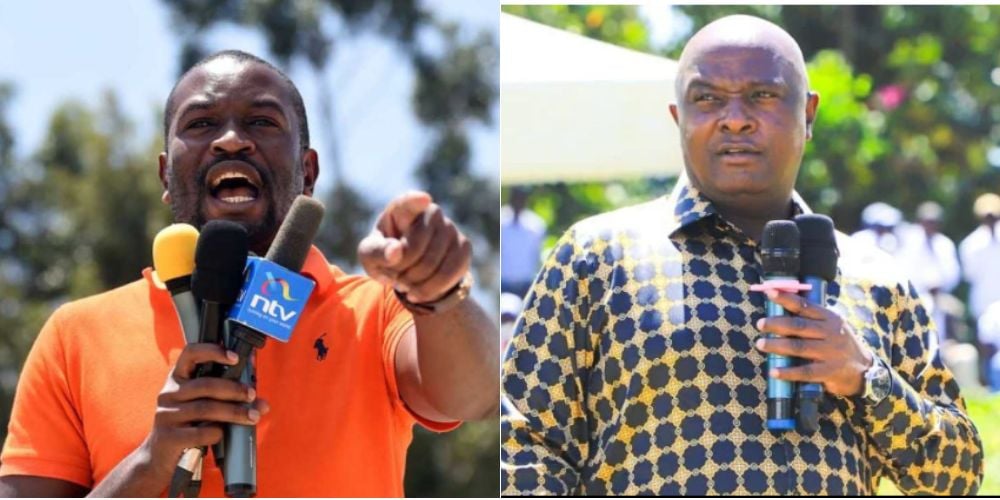
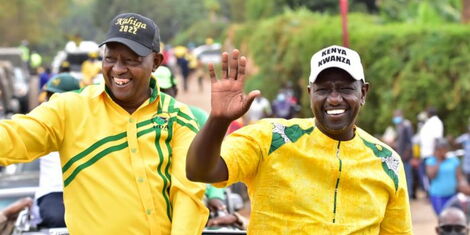
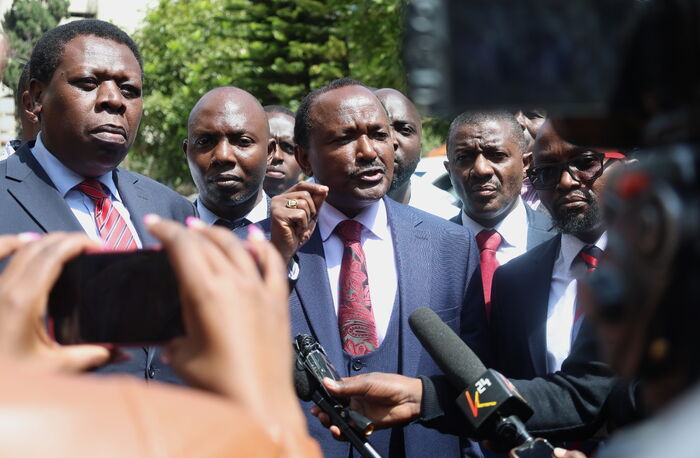
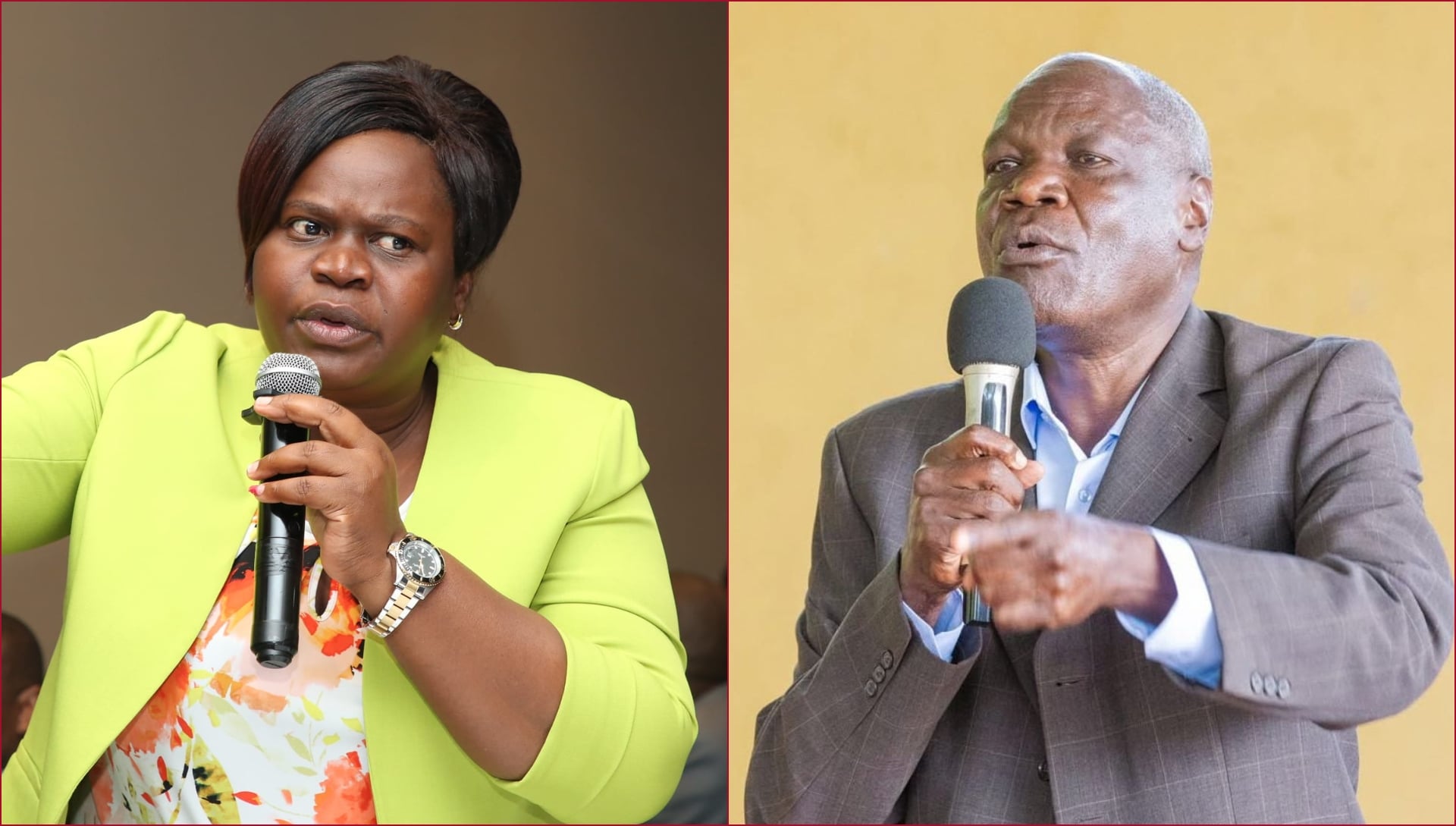
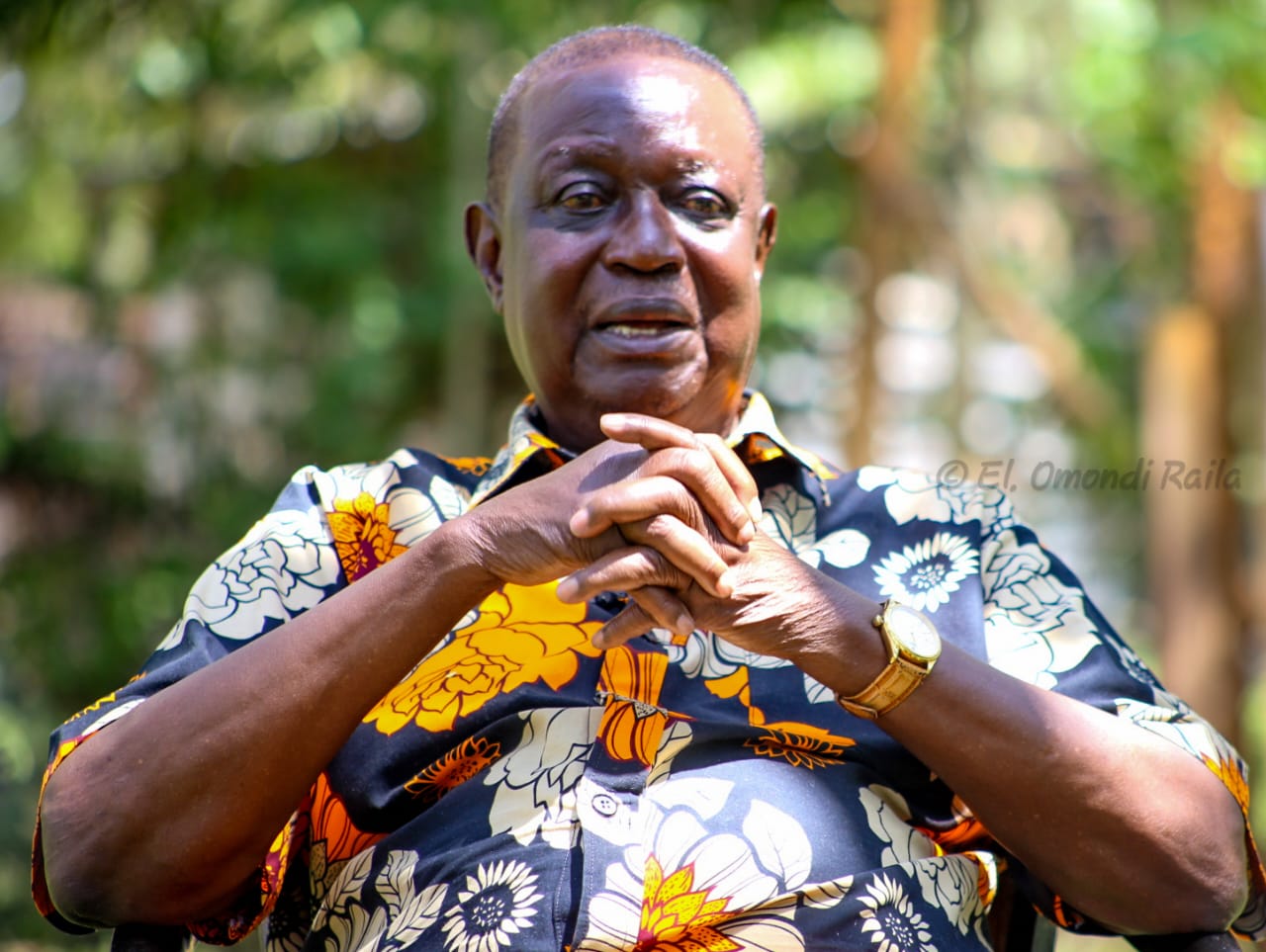
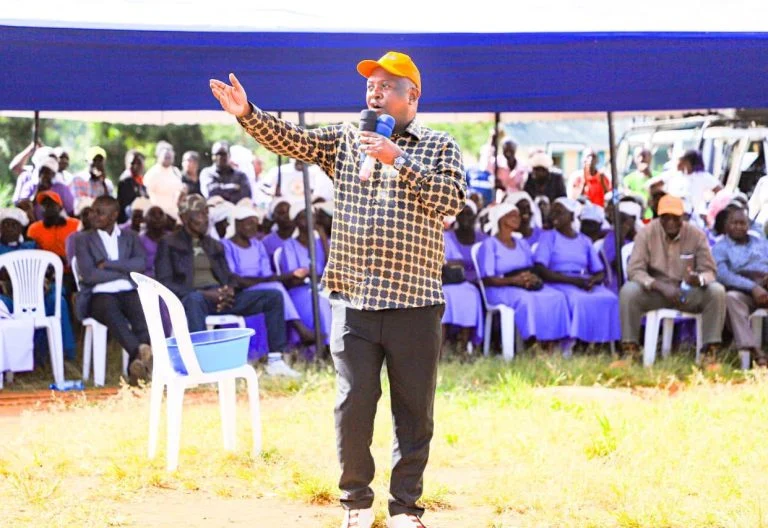
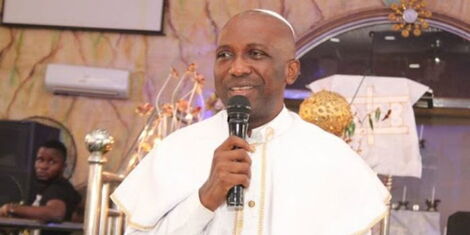
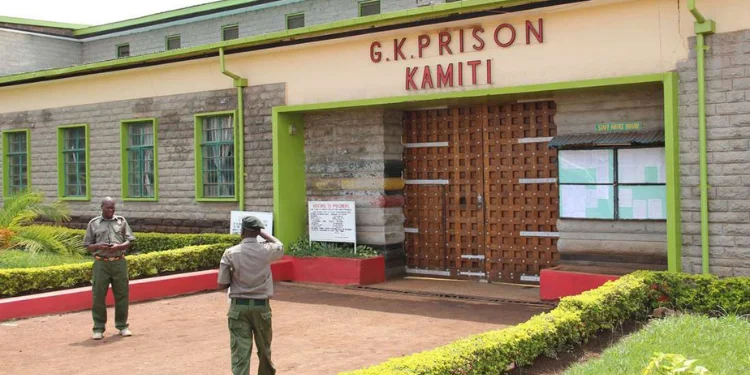

Leave a Reply